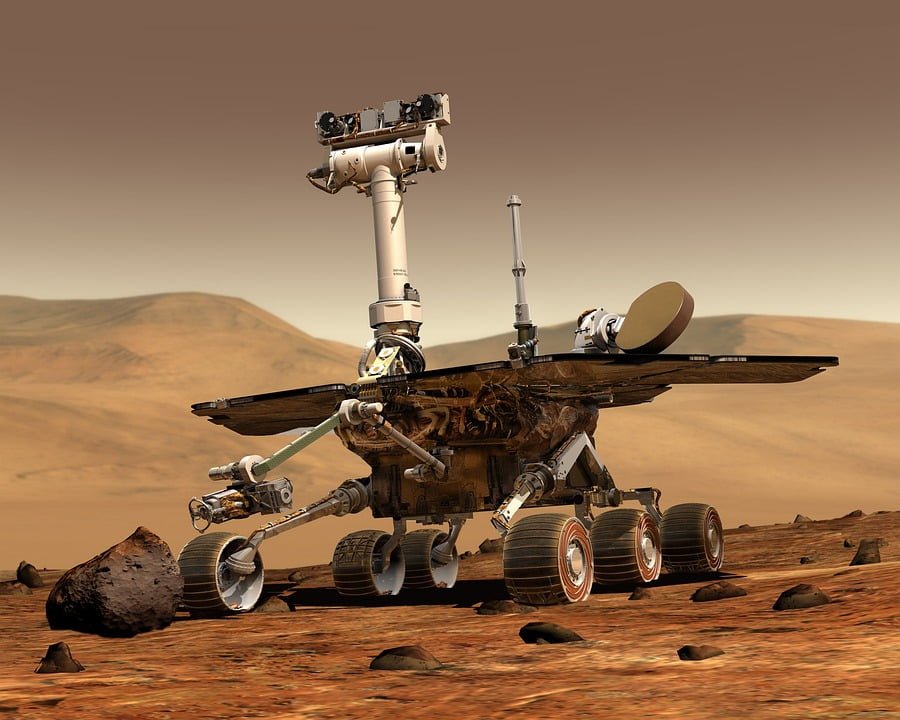Virtual assistants have become a ubiquitous presence in today’s workforce, transforming the way businesses operate and individuals work. Powered by artificial intelligence (AI) technology, these digital helpers are reshaping how tasks are completed, information is accessed, and communication is facilitated in the workplace.
The rise of virtual assistants can be attributed to the increasing demand for productivity and efficiency in a fast-paced and competitive global economy. Businesses are constantly seeking ways to streamline processes and cut costs, and virtual assistants offer a cost-effective solution that can perform routine tasks quickly and accurately.
AI technology has played a crucial role in the development of virtual assistants, enabling them to learn and adapt to user preferences, anticipate needs, and provide personalized recommendations. These smart assistants can process large amounts of data in real-time, perform complex calculations, and even engage in natural language conversations with users.
As a result, virtual assistants are no longer limited to merely scheduling meetings and setting reminders. They can now handle a wide range of tasks, including answering customer inquiries, managing email correspondence, conducting research, and even analyzing data to derive valuable insights for decision-making.
The impact of virtual assistants on the future of work is profound, as they have the potential to redefine traditional job roles and create new opportunities for workers. With the automation of routine and repetitive tasks, employees are freed up to focus on more strategic and creative aspects of their jobs, leading to higher job satisfaction and productivity.
Moreover, virtual assistants can enable businesses to operate more efficiently and scale their operations without the need for additional human resources. This not only reduces costs but also allows organizations to stay competitive and agile in a rapidly evolving market.
However, the rise of virtual assistants also raises concerns about job displacement and the implications for the future of work. As AI technology continues to advance, there is a growing fear that machines will replace human workers, leading to unemployment and economic insecurity.
To address these concerns, it is essential for businesses to adopt a responsible approach to the implementation of virtual assistants and ensure that human workers are not marginalized but rather empowered by this technology. Collaboration between humans and machines can lead to a more harmonious and productive work environment, where each complements the strengths and abilities of the other.
In conclusion, the rise of virtual assistants powered by AI technology is reshaping the future of work by revolutionizing how tasks are completed, information is accessed, and communication is facilitated in the workplace. By embracing this technology responsibly, businesses can unlock new opportunities for innovation, growth, and success in a constantly evolving digital landscape.









